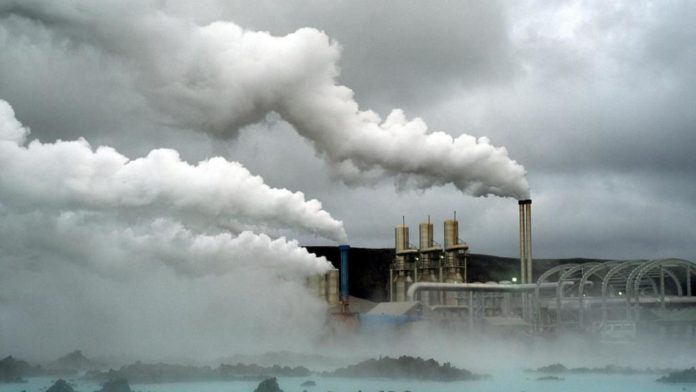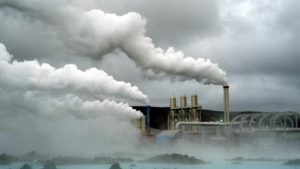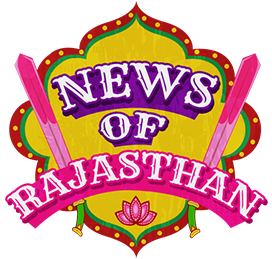
Air pollution is a persistent threat to the health of humans, plants, and animals. Factories and automobiles are the leading producers of pollutants today. They discharge toxic particles into the air, thus, hampering the growth and development of living beings in their natural environment. The Rajasthan Pollution Control Board (RPCB), expressing concern over the rising level of pollution in the state, has decided to face the counter this problem.
The RPCB will soon launch web-enabled monitoring of pollution by industrial units. They’ve installed pollution-sensitive sensors in 20 factories so far. These sensors are doing a good job at evaluating a number of toxins emitted by local factories, on a regular basis. The department of pollution control has set a daily permissible limit for discharge of pollutants into the atmosphere.

As soon as the pollution levels go beyond the permissible limit, the sensors connected to the software raise warning messages, thus alarming the factory management. If the owners continue to neglect these messages thrice in a row, the department will send a notice to the defaulters.
The authorities believe it would instill fear and discourage factories from causing environmental pollution. In the last couple of years, Rajasthan has witnessed accumulation of harmful gases like sulfur dioxide, carbon monoxide and CFCs (Cloro-Fluoro Carbons) that are fatal for health.
The CPCB (Central Pollution Board in New Delhi), fearing its ill-effects, directed the state pollution control authorities to control factory emissions at the local level.
The department will rope 17 major industries, including power plants, fertilizers, dye, petrochemicals, pharmaceuticals, and cement manufacturing units in this endeavor, as they cause maximum pollution. They’ll appoint companies that would bear the cost of installing high-quality sensors and software for estimation of pollution.
Hopefully, these measures would help evade possible health-hazards in future.








